Market Trends
Key Emerging Trends in the Synthetic Biology Market
The change of the synthetic biology market is being impelled by innovative headways and interdisciplinary joint efforts. This is working with the plan and gathering of custom DNA, which is tracking down applications in modern biotechnology and helpful mediations. Because of their exact and designated genome altering capacities, CRISPR-based quality altering methods are acquiring acknowledgment, changing hereditary designing for the progression of GMOs, quality treatments, and utilitarian genomics research, and empowering quality adjustment with a remarkable level of precision. Designing microorganisms for incomprehensible modern applications, for example, biofuels, specialty synthetic compounds, and drugs, with the objective of bio-based, maintainable substitutions and expanded creation productivity, is the focal point of the synthetic biology market. The use of synthetic biology in farming includes the improvement of hereditarily adjusted crops that have upgraded attributes like protection from bugs, natural kind disposition, and dietary benefit. This try looks to work on horticultural practices and improve worldwide food security. The synthetic biology industry is embracing democratization as organizations give practical and easy to understand hereditary designing arrangements, which advances development and speeds up the execution of designed natural frameworks in a great many logical fields. A thriving pattern, without cell synthetic biology empowers researchers to direct tests without the utilization of living cells, while likewise giving benefits, for example, fast prototyping, adaptable response control, and counterfeit circuit plan. Synthetic biology is upsetting the clinical field through the advancement of customized medication and quality treatments. The utilization of designed cells and quality circuits to treat malignant growth, hereditary issues, and different sicknesses prepares for the advancement of altered mediations in complex clinical circumstances. The utilization of synthetic biology in natural settings, explicitly bioremediation and bioenergy creation, is expanding. This is because of its capacity to work with the corruption of contaminations, purge environments, and produce biofuels from sustainable assets. Via mechanizing the plan assemble test-learn cycle, dissecting huge datasets, and foreseeing prime hereditary plans, synthetic biology and simulated intelligence are changing organic plan, consequently speeding up disclosure and enhancement. Synthetic biology organizations, scholastic foundations, and industry areas are teaming up in a powerful biological system for extending applications to encourage development, work with the trading of information, and tackle complex difficulties. The moral talk encompassing hereditary designing, ecological effect, and guideline is common in the synthetic biology market, which exhibits a devotion to the capable and practical improvement of manufactured science advances. As administrative systems and guidelines adjust to manufactured science applications, wellbeing and morals concerns are acquiring unmistakable quality, highlighting the criticality of administrative oversight.


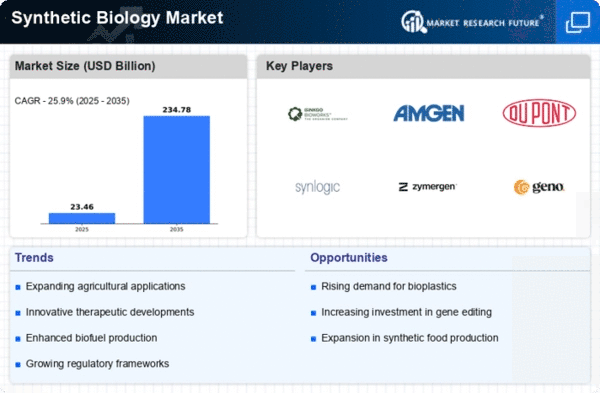


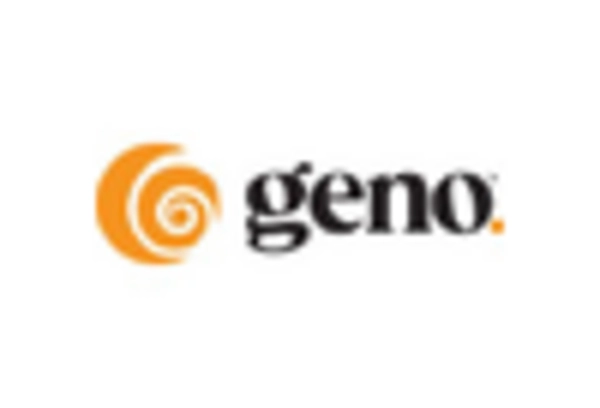
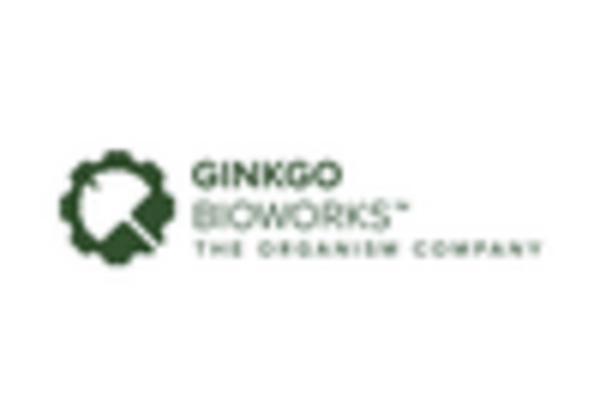
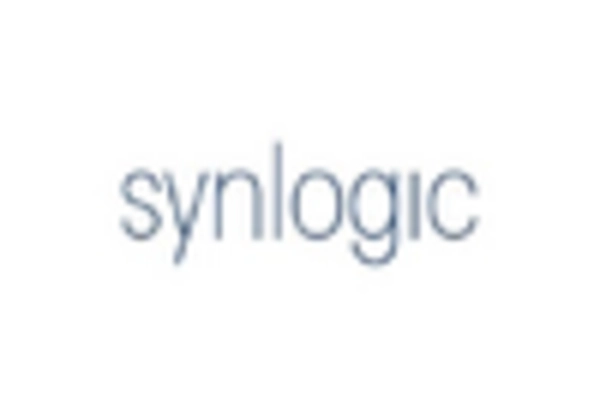
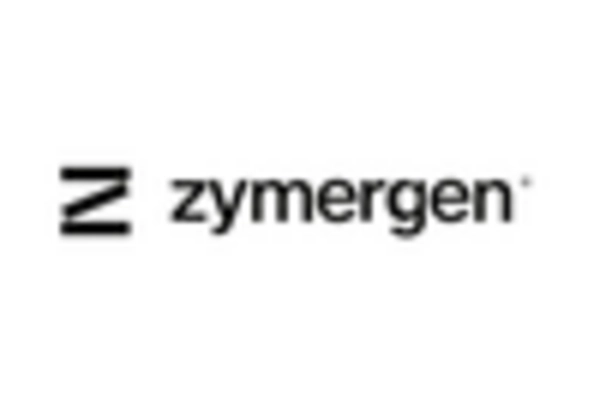









Leave a Comment